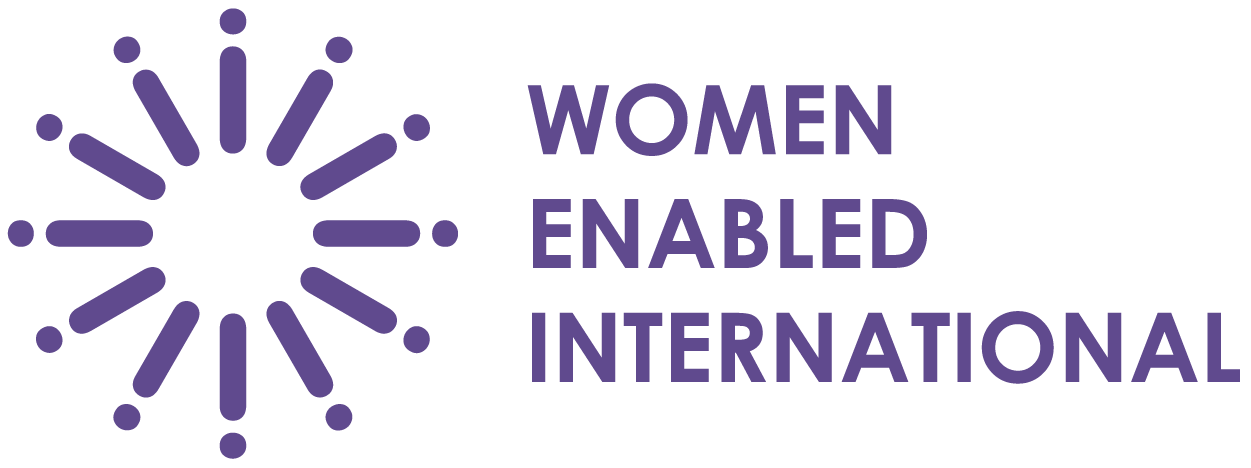By Cristina Dueñas Díaz-Tendero
**Esta publicación está disponible en español aquí**
In the feminist movement and at many defining moments for gender equality, the lack of representation, participation, and leadership for one particular community has been clear — namely, feminists with disabilities.
In my activism, I have felt many times that we, women with disabilities, have been ignored or marginalized from the feminist movement. I remember joining the feminist movement in my region a few years ago, and the specific needs of feminists with disabilities were not addressed; nobody cared about my accessibility requirements (whether at in-person meetings, activities, or protests) or my agenda as a feminist with a disability. The intersection of gender and disability or the importance of accessibility was not even mentioned. Ultimately, I felt disappointed and left the network because it hurt me to see that my allies in the feminist movement failed to embrace inclusion and diversity.
As a feminist with a disability, I see this as a clear example of discrimination, as we are denied access to information, discussions, events, and decision-making processes concerning major issues on gender equality. Issues that impact our daily lives, such as education, health, employment, and gender-based violence, among others. Our voices are not listened to either, even though gender equality will never be achieved if we are excluded from and ignored in the progress towards gender equality.
